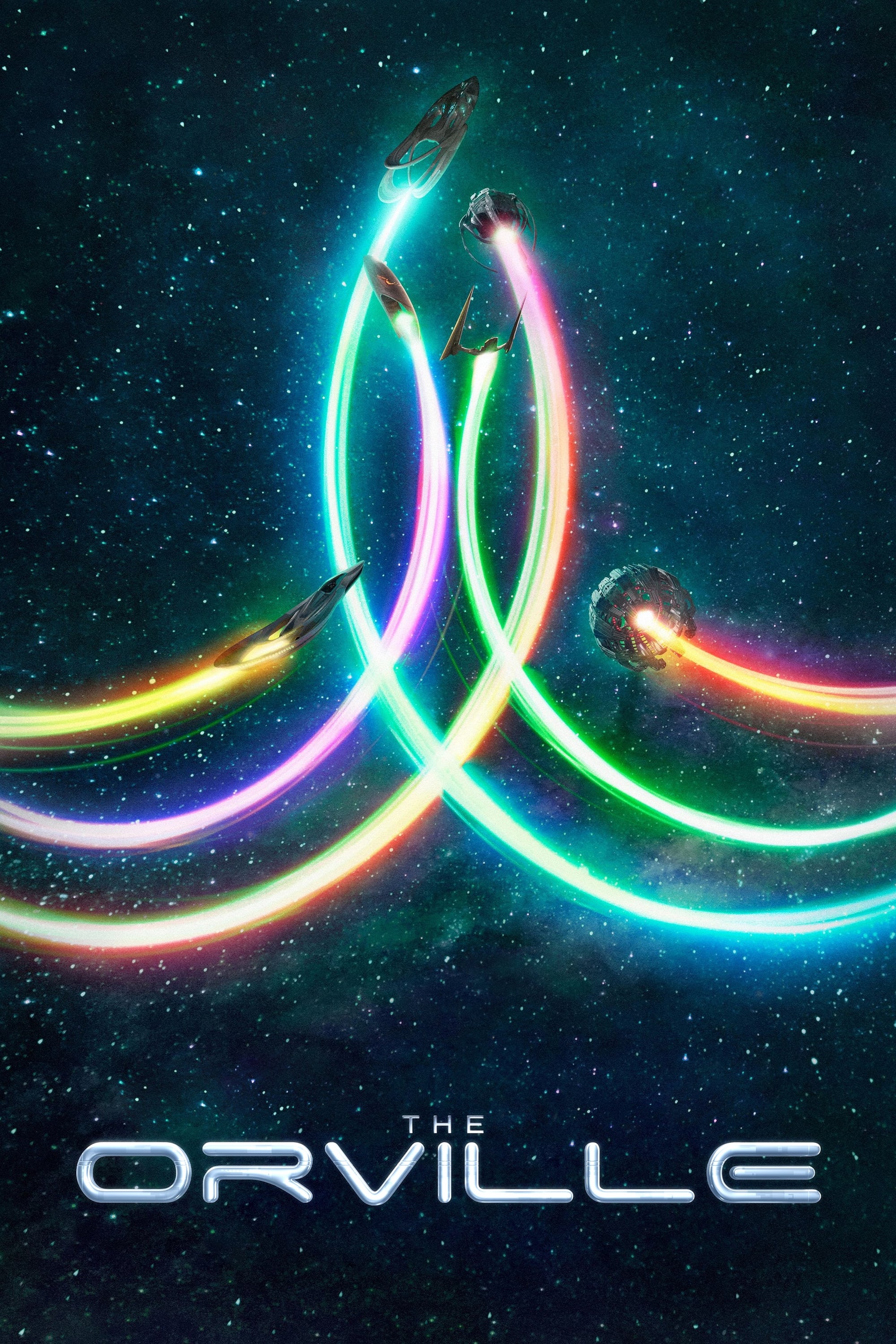![Andrea Rebaudengo - Rossano Pinelli: Nôtre-dame de le Babenzele (2022) [Official Digital Download 24bit/48kHz] Download](https://i0.wp.com/imghd.xyz/images/2023/01/03/zv9kvq1ph4t4b_600.jpg?resize=500%2C500&ssl=1)
Andrea Rebaudengo – Rossano Pinelli: Nôtre-dame de le Babenzele (2022)
FLAC (tracks) 24 bit/48 kHz | Time – 55:35 minutes | 465 MB | Genre: Classical
Studio Masters, Official Digital Download | Digital Booklet, Front Cover | © Stradivarius
Not all the composers have such a deep and daily relationship with the piano like Rossano Pinelli, as this intense 2-hand and 4-hand collection shows. It is the same instrument which suggests the acoustic material the composition takes shape from. Also for the music not for piano Pinelli expresses his ideas starting from the piano and from acoustic images. The connection between the complexity of music and the complexity of life is at the base of Pinelli’s aesthetic/ethical idea, which – just like in daily life – moves on an inclusive thought, starting with Stravinskij, proceeding with ethnic Balkan and African music, jazz, medieval music, progressive rock, and more, in a vital synthesis. Also the dialectics between consonance and dissonance draws on the fluctuating moments of living, which are often perceived unintentionally.
(more…)

Andrea Rebaudengo – Mauro Montalbetti: Stanze – Ravel: Miroirs, M. 43 (2020)
FLAC (tracks) 24 bit/88,2 kHz | Time – 52:01 minutes | 686 MB | Genre: Classical
Studio Masters, Official Digital Download | Front Cover | © Stradivarius
In his five Stanze, composed in 2016, Mauro Montalbetti openly declares his special affinity with the author of Boléro, placing him within the select circle of his greatest loves. What strikes one most is the refined and yet frank way in which this devotion is expressed in the music and is revealed in the writing, in the way it unfolds majestically, so to speak, across the staves and the pages. In other words one is struck not only audibly but also visually by the limpidity with which the five pieces pay homage to their source, namely Maurice Ravel’s Miroirs. Miroirs, that is mirrors. A title that at the time – we are in 1905 – encapsulated the genius with which the composer played with the ambiguities of symbolist and im-pressionist poetics, of the eternal torments concerning the expressive and semantic qualities of music. Because the mirror reflects, represents, but also deceives, creates illusions.
Read more
























